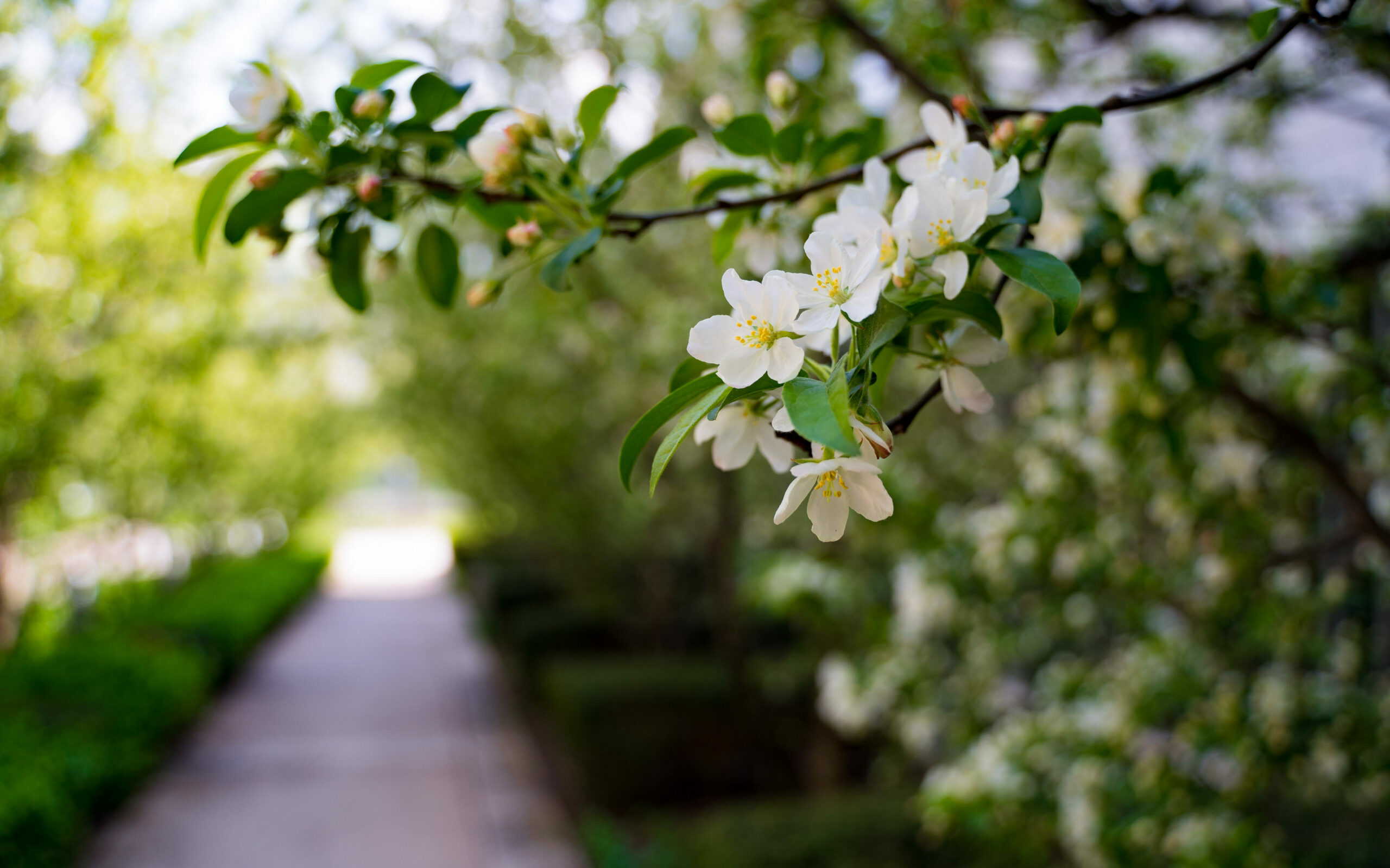National Indigenous History Month at York celebrates and honours Indigenous community members. It is a time to learn from and engage with Indigenous peoples, cultures, languages, and the ways in which they have shaped Canada.
National Indigenous Peoples Day falls on June 21, the summer solstice, which is the longest day of the year. It is a day to recognize the diversity of First Nations, Inuit, and Métis peoples.
National Indigenous History Month and National Indigenous Peoples Day provide opportunities for celebration. Indigenous community members will be spending time with family and community and invite non-Indigenous people to learn from participating in events taking place. It is an important time for settlers to learn about First Nations, Métis, and Inuit histories, cultures, lifeways, and the treaties that continue to have significance in the relationships between Indigenous peoples and all Canadians.
Throughout the month of June, we will highlight stories from Indigenous community members at York. You are invited to follow along and share your story using #IndigenousatYU and #IndigenousHistoryMonth.
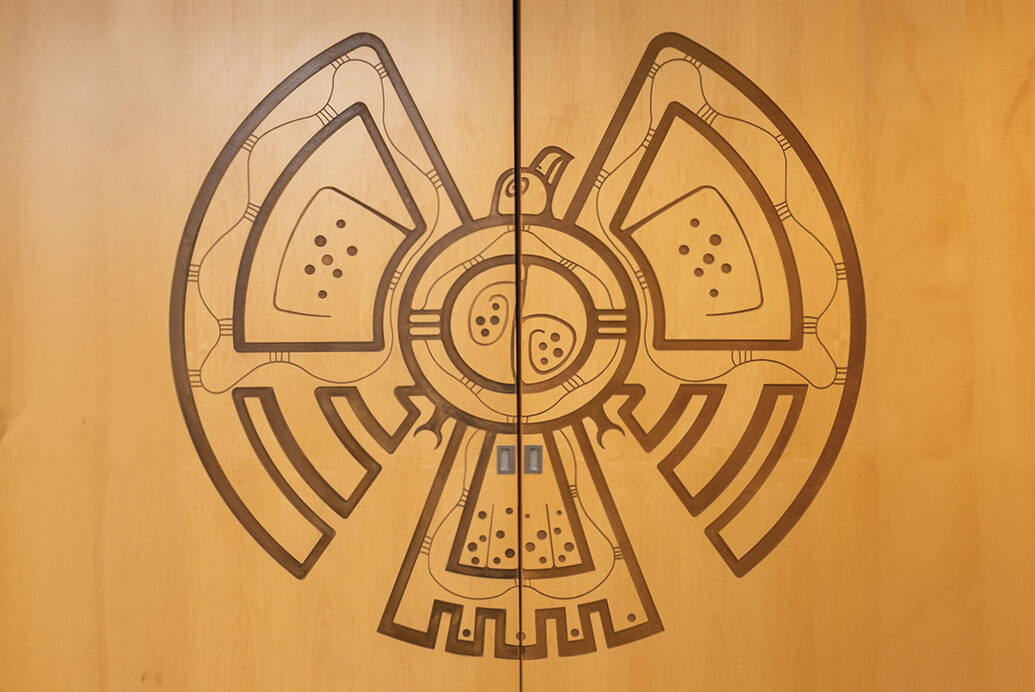
National Indigenous History Month at York
Read statement from York President Rhonda Lenton, Interim Vice President Equity, People and Culture, Alice Pitt and Associate Vice-President, Indigenous Initiatives Susan D. Dion.
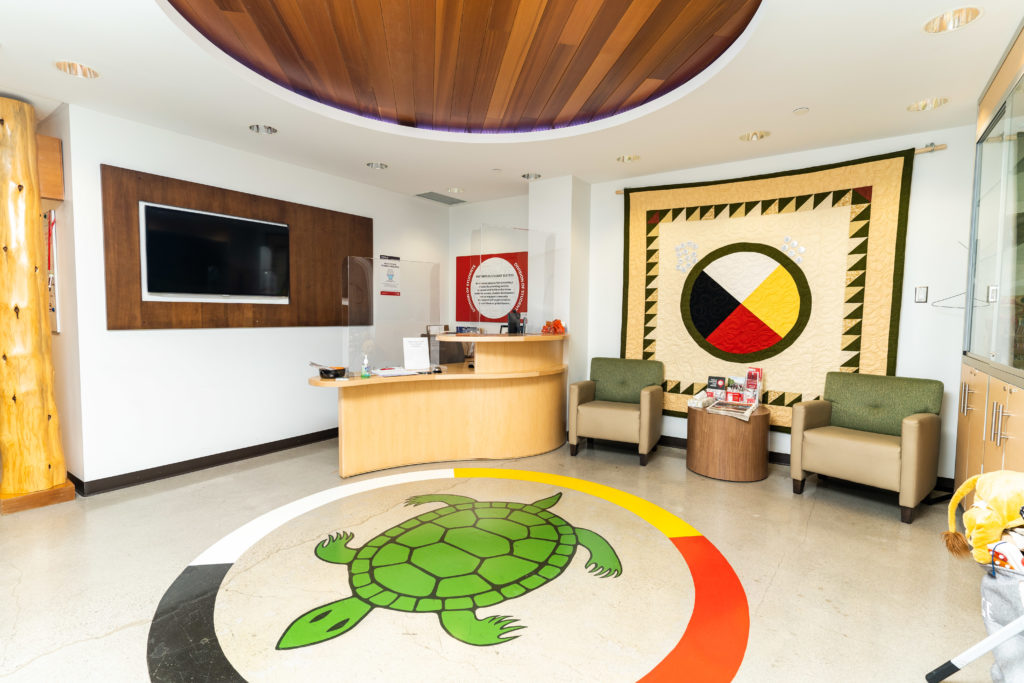
Centre for Indigenous Student Services
The Centre for Indigenous Student (CISS) Services strives to create a sense of belonging and to support the academic, spiritual, physical, and emotional well-being of a diverse Indigenous student population. CISS provides a safe community space that offers culturally appropriate support services and programs to facilitate students' success throughout their post-secondary studies.
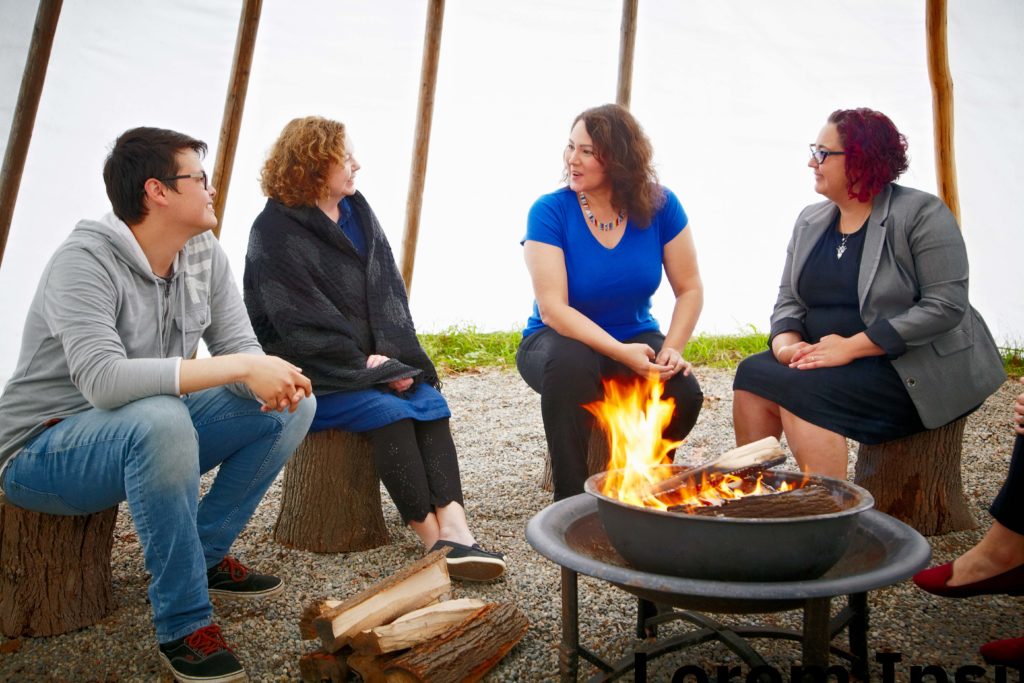
The Centre for Indigenous Knowledges and Languages
CIKL is the first Organized Research Unit at York University centered on Indigenous and decolonizing scholarship, and hosts Indigenous and non-Indigenous researchers and students engaged in these areas.
Featured Stories
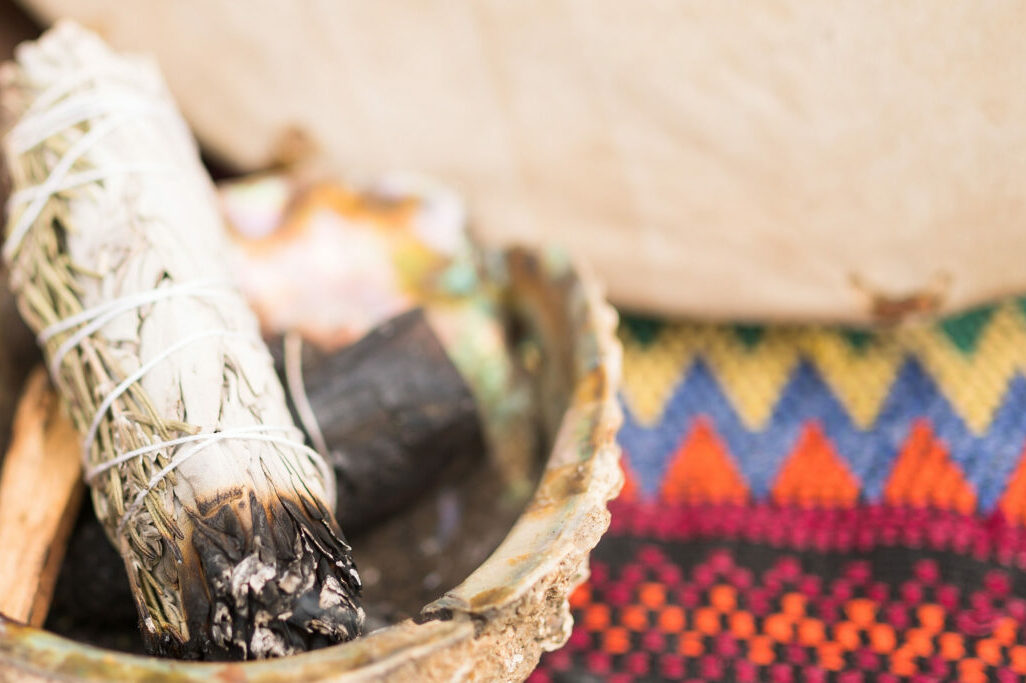
New smudging program makes Indigenous tradition accessible to all
York University’s Centre for Indigenous Knowledges & Languages (CIKL), an interdisciplinary research centre that supports Indigenous and decolonizing scholarship, launched a new smudging program late last year to provide all students, faculty and staff with a welcoming place to clear their minds and experience the benefits of sacred Indigenous medicines. Learn more
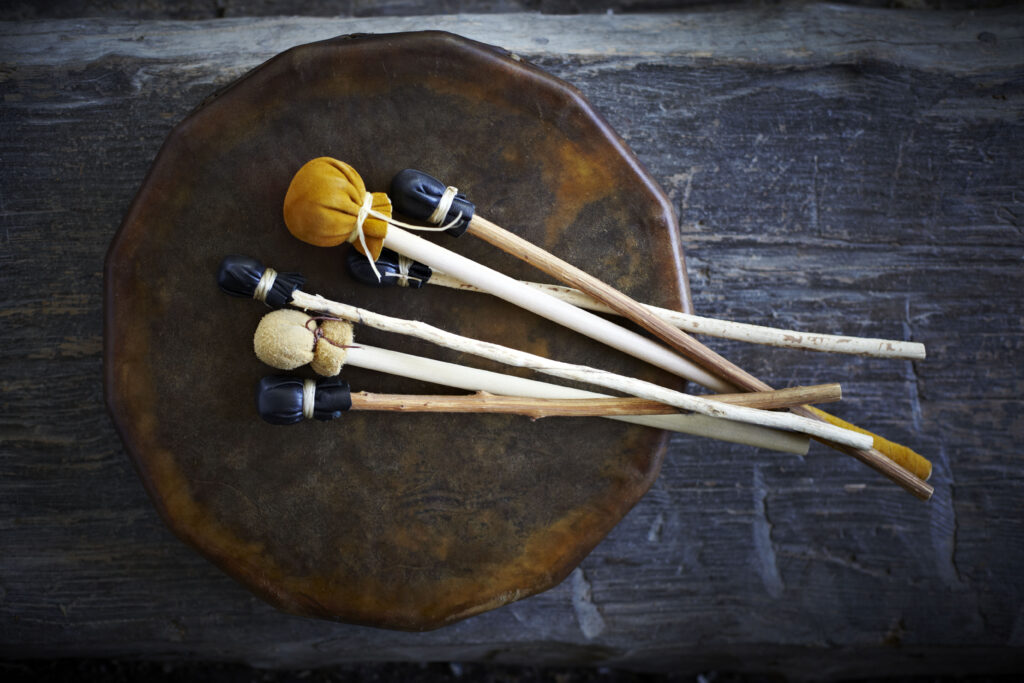
Indigenous students share reflections on National Indigenous Peoples Day
Each year on June 21, the cultural richness and contributions of First Nations, Inuit, and Métis Peoples are celebrated. In the spirit of reflection, Indigenous students who are a part of the York University community have shared what Indigenous History Month and National Indigenous Peoples Day means to them.
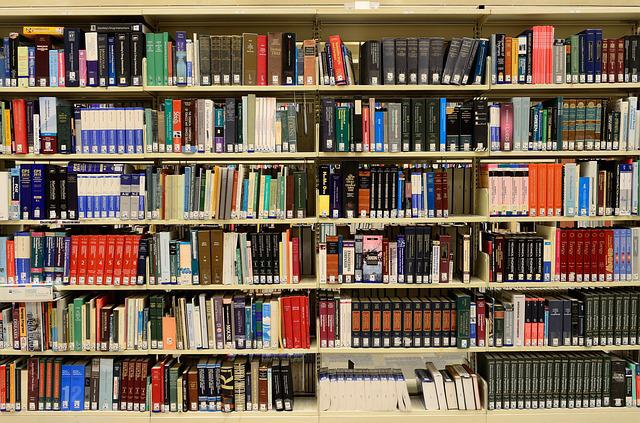
Non Fictional Reading: Indigenous History Month
York U Libraries has curated a selection of non-fictional works by Indigenous authors.
Find your next read here.
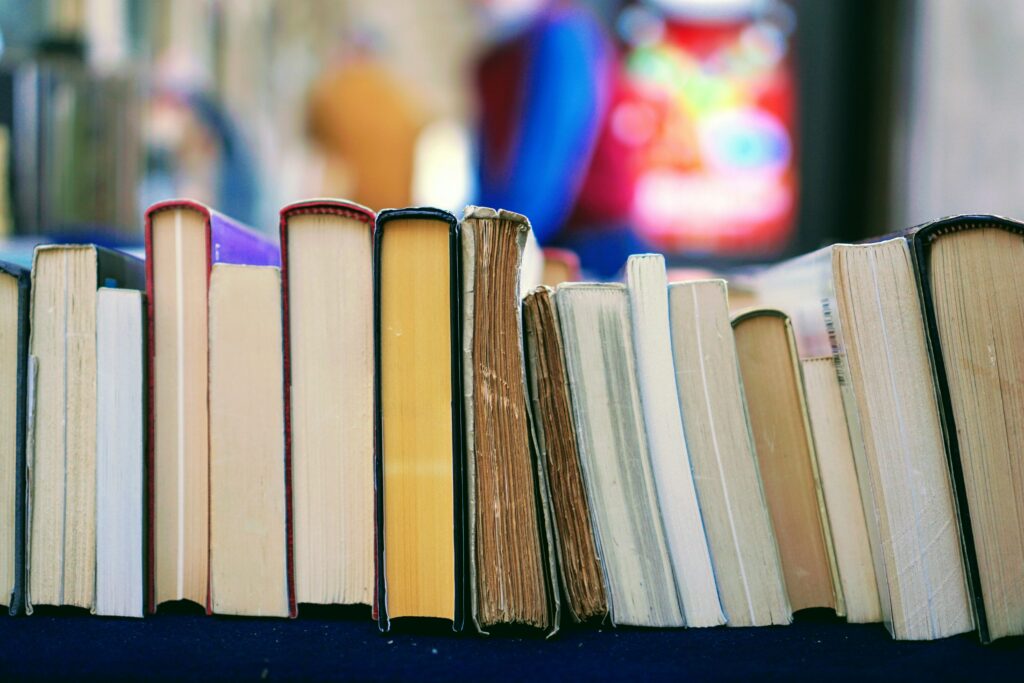
Student-led group tackles Indigenous food sovereignty
After personally experiencing food insecurity, and witnessing its effects first-hand, a group of York University Faculty of Health students decided to do something about it. Learn more
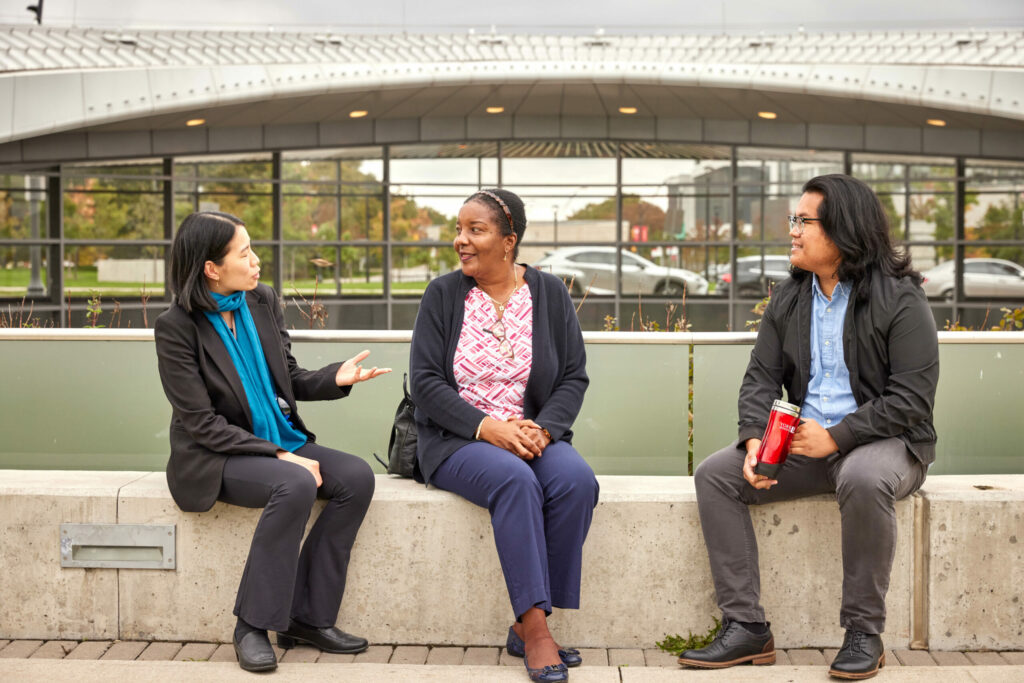
York University launches new Decolonizing, Equity, Diversity, and Inclusion Strategy
York University is proud to launch the Decolonizing, Equity, Diversity, and Inclusion Strategy (2023-2028), aiming to embed DEDI into the fabric of the University in pursuit of living its mission and values. Learn more
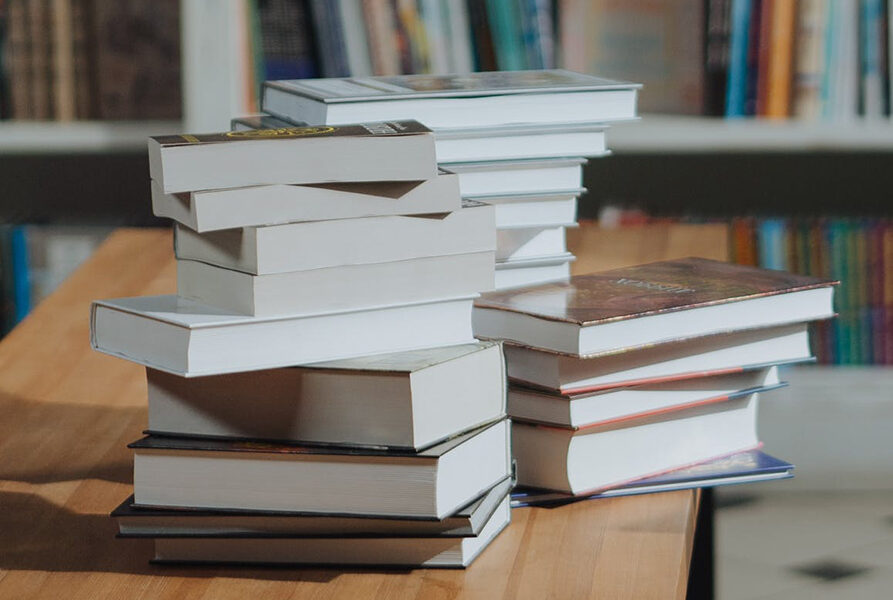
Researchers receive grants to advance Indigenous scholarship
Six Indigenous scholars at York University have been awarded over $204,000 in new funding from the latest round of Indigenous Research Seed Fund Grants to explore language revitalization, Indigenous-led land restoration, decolonizing physical education curriculum, and more. Learn more
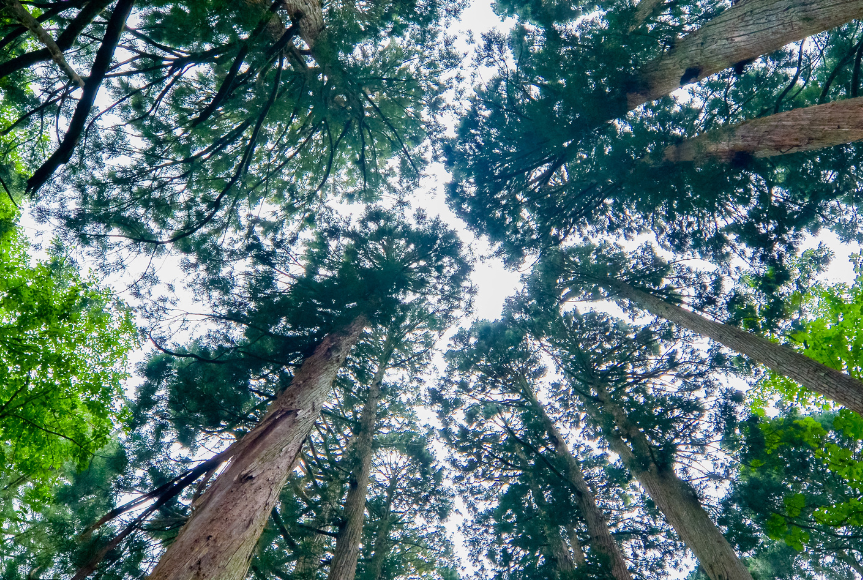
York scholars collaborate on Indigenous-led climate report
York University plays a pivotal role in a groundbreaking report entitled “For Our Future: Indigenous Resilience Report,” which underscores the vital contribution of Indigenous communities in tackling climate change. Learn more.

Leisure Reading: Indigenous History Month
York U Libraries has curated a selection of fictional works by Indigenous authors.
Find your next read here.
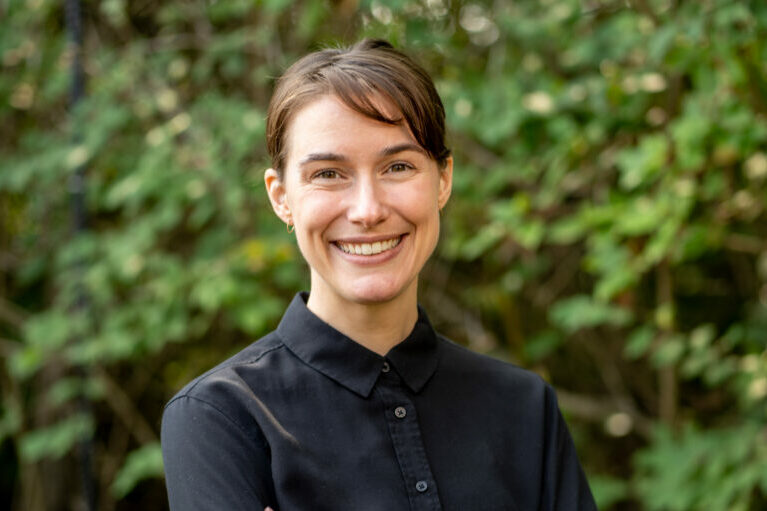
Osgoode Fellow to focus on environmental law, Indigenous land rights
Julia Brown, Osgoode Hall Law School's 2023-24 EJSC Fellow, aims to ensure the Ring of Fire region is developed with local Indigenous people's free, prior, and informed consent. Learn more
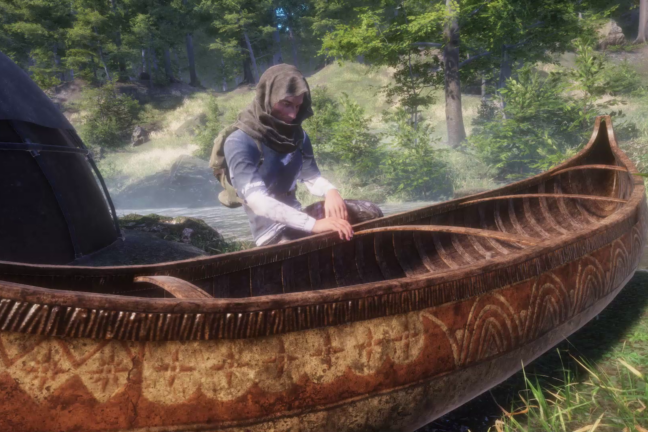
Biskaabiiyaang: The Indigenous Metaverse
The first wholly autonomous The Indigenous Metaverse is a York University-funded project to develop an Indigenized curriculum and create experiential education opportunities has joined the UNESCO organization to promote and protect endangered Indigenous languages. Learn more
Community Reflections on National Indigenous Month and National Indigenous Peoples Day
Michelle Letourneau
Michelle Letourneau is a member of the Curve Lake First Nation. She was born here in Tkaronto and raised in Regent Park. She was honoured to attend and graduate from York University in the Waaban Teacher Education Program (Oct 2023). Michelle is currently working as an Occasional Teacher for the Toronto District School board and will continue her studies in September in the Masters of Education (MEd) - Urban Indigenous Education Cohort.
